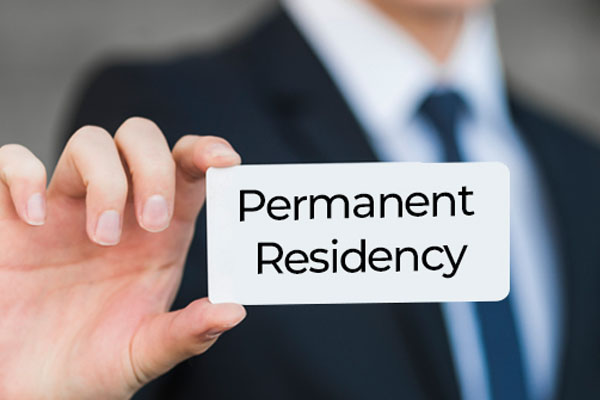Professionals aiming to advance their careers, permanent residency (PR) in Singapore offers unparalleled opportunities. With a growing economy and global appeal, Singapore has become a destination for ambitious individuals seeking stability and growth. Singapore PR consultancy services play a pivotal role in helping professionals achieve their PR status, enabling transformative career trajectories.
Unlocking Economic Opportunities Through PR
Singapore PR status serves as a gateway to enhanced economic mobility. Professionals with PR can access a wider range of job opportunities, including roles that prioritise long-term residents. By guiding applicants through the process, PR application agencies ensure that individuals unlock these opportunities, enhancing their career prospects and financial stability.
Navigating the Complex PR Application Process
Applying for PR in Singapore involves navigating a rigorous process with specific eligibility criteria. Singapore PR consultants simplify this journey by providing expert advice tailored to individual profiles. From compiling accurate documentation to meeting deadlines, these professionals ensure a seamless application process, allowing applicants to focus on their careers.
Building Long-Term Stability with PR
Achieving PR status provides professionals the stability to plan their futures in Singapore. PR holders enjoy easier access to housing, education, and healthcare, which significantly impact their quality of life. PR consultancy services are instrumental in helping applicants understand and leverage these benefits, ensuring their long-term success.
Enhancing Career Growth Through Strategic Planning
PR consultancy services go beyond application assistance; they offer strategic insights to strengthen applicants’ profiles. For example, consultants advise professionals on showcasing their contributions to Singapore’s economy, such as specialised skills or leadership roles. This approach not only boosts the chances of PR approval but also positions individuals as valuable assets in their industries.
Addressing Rejections and Refining Applications
Rejection in a PR application can feel discouraging, but it provides an opportunity for growth. PR application agencies assist applicants in identifying gaps in their previous submissions and implementing corrective measures. With expert support, rejected applicants can refine their profiles, reapply, and achieve success, often with stronger career prospects.
Supporting Integration into Singapore’s Workforce
Beyond securing PR, consultancy services help professionals integrate into Singapore’s workforce. They offer advice on aligning career goals with the nation’s economic priorities, ensuring that professionals make meaningful contributions. This alignment creates a win-win situation, benefiting both the individual and the country.
Paving the Way for Citizenship and Greater Opportunities
For professionals aiming for long-term integration, PR is a crucial step toward citizenship. Singapore PR consultants help applicants plan this progression, ensuring career accomplishments and societal contributions align with citizenship requirements. Citizenship provides even greater career mobility and deeper integration into Singaporean society.
Learn More: Requirements for PR Renewal in Singapore
Leveraging PR to Foster Economic Mobility
Economic mobility isn’t just about career growth—it’s about building a sustainable future. PR status enables professionals to invest in Singapore, whether through property ownership, business ventures, or education for their families. PR consultancy services guide applicants in understanding how to maximise these opportunities, creating a strong foundation for economic and personal growth.
Singapore’s PR consultancy services have become indispensable in transforming the career trajectories of professionals. By simplifying the application process, offering strategic insights, and supporting long-term integration, these services empower individuals to achieve economic mobility and stability. For professionals looking to build a future in Singapore, partnering with experienced PR consultants is a step toward unparalleled opportunities.
For more information about solutions for Singapore PR application and consultancy services, contact Prime Immigration today.












